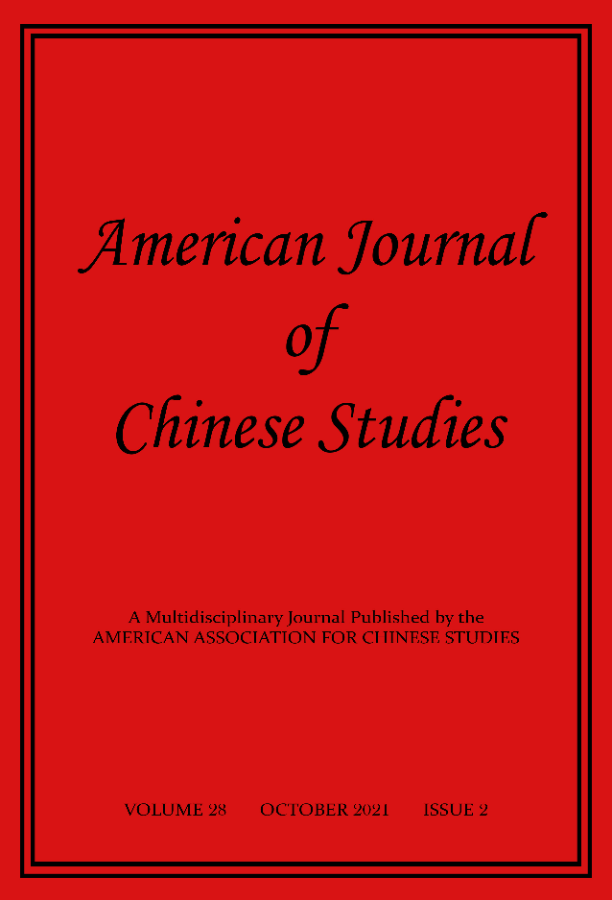“Deconstructing Compulsory Realpolitik in Cultural Studies: An Interview with Alexa Alice Joubin”
The American Journal of Chinese Studies 28.2 (October, 2021): 115-130.
How might we de-colonize hegemonic knowledge production about East Asia and its relationship with the West? This interview with Alexa Alice Joubin draws on new perspectives on cultural exchange in her book, Shakespeare and East Asia (Oxford University Press, 2021), which promotes treatment of Asian performing arts as original epistemologies rather than footnotes to the white, Western canon, and theory. We also present her latest thinking on multidisciplinarity.
Her work, including Race (Routledge, 2019), has sought to deconstruct what she calls “compulsory realpolitik”—the conviction that the best way to understand non-Western cultures is by interpreting their engagement with pragmatic politics. In tandem with Anglo-Eurocentrism, she argues, compulsory realpolitik leads to the habitual privileging of the nation-state as a unit to organize knowledge.
In August 2021, David Kenley and William Sewell met with Alexa Alice Joubin to discuss her recent book. At the time of their meeting, Americans were experiencing the fourth surge in COVID-19 cases, Taiwan had started administering its own homegrown vaccine, and Japan was recovering from its just-completed “pandemic Olympics.” Anti-Asian racism was frighteningly prevalent in the United States and Sinophobic attitudes were on the rise throughout much of East Asia.
At the same time, venues were struggling to reopen to bring both live theater as well as cinematic productions back to the public. Joubin’s work on race and gender across cultures is all the more relevant in the current political climate, and our conversation touched on how promoting understanding Asian cultures can help fight anti-Asian racism.

